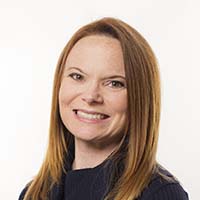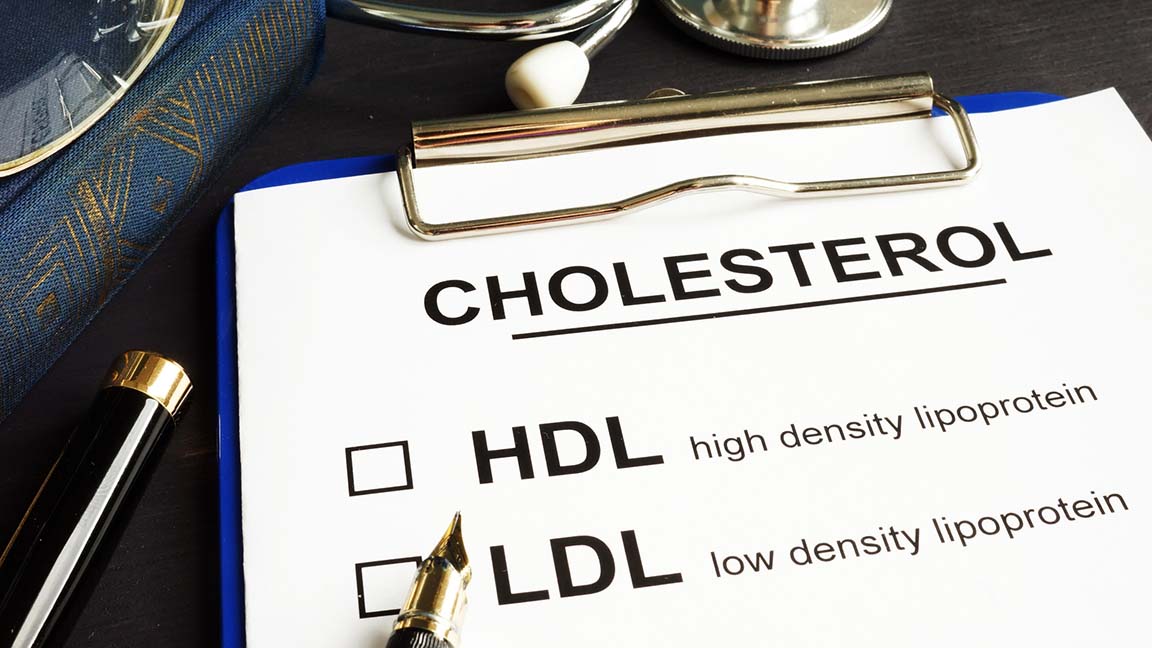Many people immediately conjure negative thoughts then they hear the term “cholesterol.”
But not all cholesterol is bad. In fact, there’s a type of cholesterol called high-density lipoprotein (HDL) cholesterol that can be good for your health.
“HDL is considered ‘good’ cholesterol because it helps move out the bad cholesterol,” explains Melissa Bliss, a physician assistant with Tidelands Health Cardiology. “Therefore, the more good cholesterol you have, the better your body can fight bad cholesterol.”
Bad cholesterol, or low-density lipoprotein (LDL) cholesterol, is dangerous because it can build up in your arteries and increase your risk of cardiovascular disease. So, in general, the goal is to maintain lower levels of LDL cholesterol while also seeking to raise HDL cholesterol.
Bliss says the best way to raise HDL cholesterol is through exercise. The number you should aim for in your lab work is 60 mg/dL or higher.
As you get started, focus on physical activity that is sustainable over time. A year of consistent daily walking or regular bicycling will be better for your long-term health than one month of hitting the gym hard.
“Any increase in activity can help if it’s kept up,” says Bliss.
As your activity increases, you will likely see a rise in your HDL level in your lab testing.
Lowering bad cholesterol
When it comes to your LDL number, work with your health care provider on making dietary changes and incorporating fish oil supplements and statins, if needed, to help lower your number. A rise in HDL will likely have a positive impact on your LDL level, but it’s not a guarantee.
“While higher HDL cholesterol can help lower LDL cholesterol, it’s not directly related,” says Bliss. “The key is a well-rounded approach that works at both raising HDL and lowering LDL.”
Make sure to take advantage of regular checkups with your care provider to monitor your cholesterol numbers and determine if lifestyle changes are having an impact, she says.

Melissa Bliss
Physician Assistant, Tidelands Health Cardiology
Call to Schedule
Medical Education
Education
Medical University of South Carolina
Meet the Expert
Melissa Bliss
Call to Schedule





